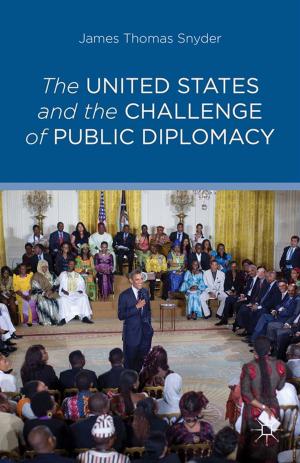Ethics in Public Life
Good Practitioners in a Rising Asia
Nonfiction, Religion & Spirituality, Philosophy, Political, Ethics & Moral Philosophy, Social & Cultural Studies, Political Science| Author: | K. Winston | ISBN: | 9781137492050 |
| Publisher: | Palgrave Macmillan US | Publication: | March 18, 2015 |
| Imprint: | Palgrave Macmillan | Language: | English |
| Author: | K. Winston |
| ISBN: | 9781137492050 |
| Publisher: | Palgrave Macmillan US |
| Publication: | March 18, 2015 |
| Imprint: | Palgrave Macmillan |
| Language: | English |
The topic of moral competence is generally neglected in the study of public management and policy, yet it is critical to any hope we might have for strengthening the quality of governance and professional practice. What does moral competence consist in? How is it developed and sustained? These questions are addressed in this book through close examination of selected practitioners in Asian countries making life-defining decisions in their work. The protagonists include a doctor in Singapore, a political activist in India, a mid-level bureaucrat in central Asia, a religious missionary in China, and a journalist in Cambodia—each struggling with ethical challenges that shed light on what it takes to act effectively and well in public life. Together they bear witness to the ideal of public service, exercising their personal gifts for the well-being of others and demonstrating that, even in difficult circumstances, the reflective practitioner can be a force for good.
The topic of moral competence is generally neglected in the study of public management and policy, yet it is critical to any hope we might have for strengthening the quality of governance and professional practice. What does moral competence consist in? How is it developed and sustained? These questions are addressed in this book through close examination of selected practitioners in Asian countries making life-defining decisions in their work. The protagonists include a doctor in Singapore, a political activist in India, a mid-level bureaucrat in central Asia, a religious missionary in China, and a journalist in Cambodia—each struggling with ethical challenges that shed light on what it takes to act effectively and well in public life. Together they bear witness to the ideal of public service, exercising their personal gifts for the well-being of others and demonstrating that, even in difficult circumstances, the reflective practitioner can be a force for good.















